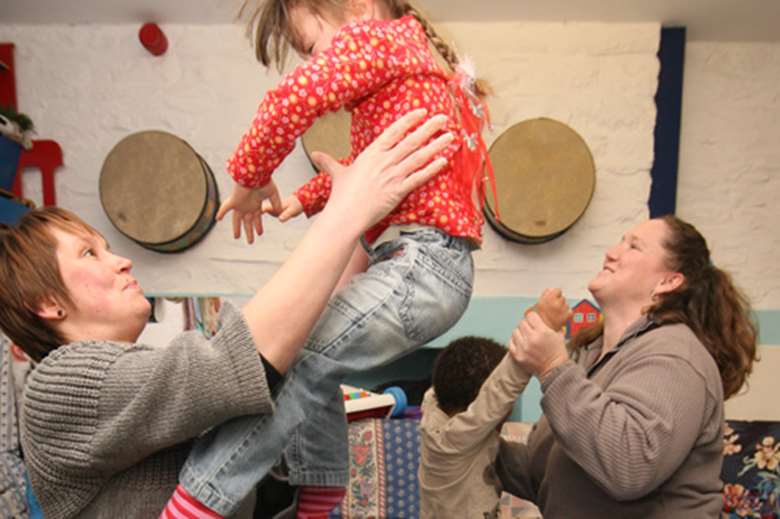Poorer children less likely to receive formal childcare
Jess Brown
Friday, March 4, 2016
Children from deprived backgrounds are less likely to receive formal childcare, a government study has found.

An annual survey of childcare and early years by the Department for Education (DfE) has found that the use of formal childcare is less widespread in areas of higher deprivation.
The study, which was based on face-to-face interviews with more than 6,000 parents, found that 65 per cent of children living in the least deprived areas received formal childcare, compared with 49 per cent of children living in the most deprived areas.
It also found that 20 per cent of families earning less than £10,000 a year are not receiving free childcare, compared with six per cent of families earning £45,000 or more.
The report highlights the difficulties some families face with the cost of childcare. It states that 22 per cent of families found it “fairly” or “very” difficult to pay for provision.
Meanwhile, more than half (53 per cent) of unemployed mothers said they would prefer to work if they could arrange good-quality childcare that is "convenient, reliable and affordable”.
The findings come just days after a National Audit Office (NAO) report warned that government plans to expand free childcare eligibility from 15 to 30 hours each week, to be introduced next year, could lead to disadvantaged two-year-olds missing out on places.
The NAO report said that if nurseries do not receive adequate financial support to extend free childcare provision, they may choose to offer fewer places for two-year-olds as they are more expensive.
Neil Leitch, chief executive of Pre-school Learning Alliance, said that findings of the DfE survey suggest that providers in areas of deprivation are struggling to meet the needs of parents because they "simply cannot afford to".
“Ultimately, we hope the government uses these findings to make pragmatic and informed policy decisions which improve the life chances of children, and benefit providers and parents,” he said.
Purnima Tanuku, chief executive of National Day Nurseries Association, said it is concerning that 22 per cent of families struggle to pay fees.
“The biggest single reason for rising nursery fees is the chronic underfunding of free places which could result in more losses for childcare providers when the government’s 30 free hours for three- and four-year-olds of working families is introduced next year,” she said.
“Nurseries have no option but to make up this loss through fees for paying parents, just to stay in business.”
Imelda Redmond, 4Children’s chief executive, said there is a “worrying lack of progress” on childcare provision in deprived areas.
“High-quality childcare is vital for children in their early years and can have a significant impact on their future prospects," she said.
“News that less than half of children in the most deprived areas receive formal childcare, compared with 65 per cent of their counterparts in the least deprived areas, is a social mobility issue.
“If we are to close the attainment gap which is already obvious when children start school, increasing quality childcare usage in deprived areas must be a priority.”
Childcare minister, Sam Gyimah, said: “This survey shows that the vast majority of parents who want childcare are taking up our free childcare offer. We are going further to support hardworking parents by extending this to 30 hours a week for three and four year olds, backed by a record investment of £6billion a year by 2020.”




